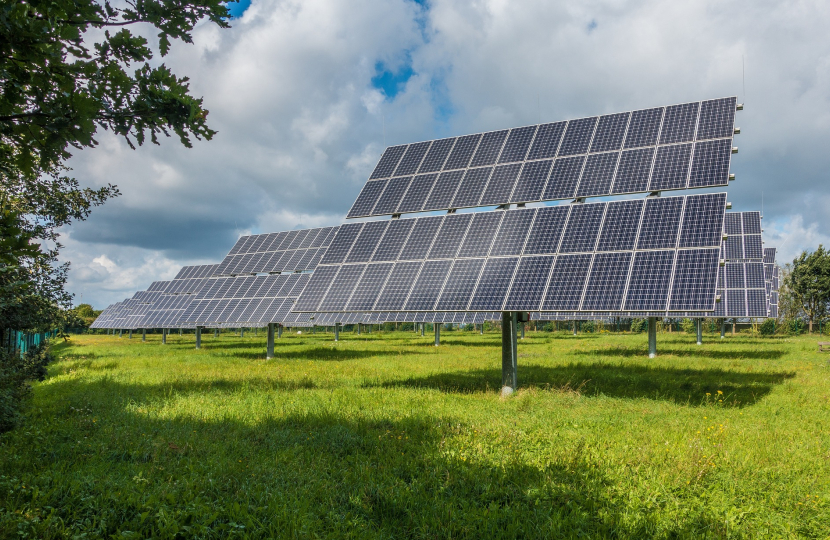
The UK has already set ambitious interim targets, including a 68 per cent reduction in greenhouse gas emissions by 2030, compared to 1990 levels, and a 78 per cent reduction in emissions by 2035, also compared to 1990 levels. These targets commit build on the Ten Point Plan and put the UK firmly on the path to net zero by 2050, leading the way in tackling climate change globally.
The Government also amended the Environment Act 2021 to include a new, historic, legally binding target on species abundance for 2030 to halt the decline of nature, and to address the unacceptable amount of sewage discharged by water companies into our rivers.
The Government's Ten Point Plan will mobilise £12 billion of government investment and potentially three times as much from the private sector, to create and support up to 250,000 green jobs. This investment will drive innovation and lead to significant improvements in green technology which may benefit housing, transport, education, care and manufacturing.
The North Sea Transition Deal will be a key component in ensuring the oil and gas sector work with the Government over the long-term to deliver the skills, innovation and new infrastructure required to decarbonise North Sea production, as well as other carbon intensive industries.
The Green Jobs Taskforce was established to help the Government better understand how the UK could grasp opportunities of the Green Industrial Revolution. The findings and recommendations from the taskforce have helped develop and inform the Net Zero Strategy. In the strategy, the Government announced its ambition to support up to 440,000 jobs across net zero industries in 2030, contributing towards a broader pivot to a greener economy which could support 2 million jobs in green sectors or by greening existing sectors. The Government will work with business to grow green industries, supply chains and skills in the UK, and ensure resilience to international changes in supply chains.
The Government’s Energy Security Strategy sets out plans to accelerate the deployment of wind, new nuclear, solar and hydrogen, while supporting the production of domestic oil and gas in the nearer term – which could see 95 per cent of electricity being low carbon by 2030. To this end, the Energy Security Bill was announced as part of the Queen's Speech 2022, which includes concrete measures to deliver the transition to cheaper, cleaner, and more secure energy.
The progress and agreements achieved at COP26 in Glasgow in November 2021 was encouraging. The Glasgow Climate Pact calls on countries to accelerate efforts towards the phase down of unabated coal power and phase out of inefficient fossil fuel subsidies, while providing targeted support to the poorest and most vulnerable in line with national circumstances and recognising the need for support towards a just transition.
We cannot simply pull the plug on all fossil fuels overnight without this having a huge consequences all over Europe. However, the Government is going to make better use of the oil and gas in the UK by giving the energy fields of the North Sea a new lease of life. You may also welcome that between 1990 and 2019 the UK decarbonised faster than any other country in the G7.


